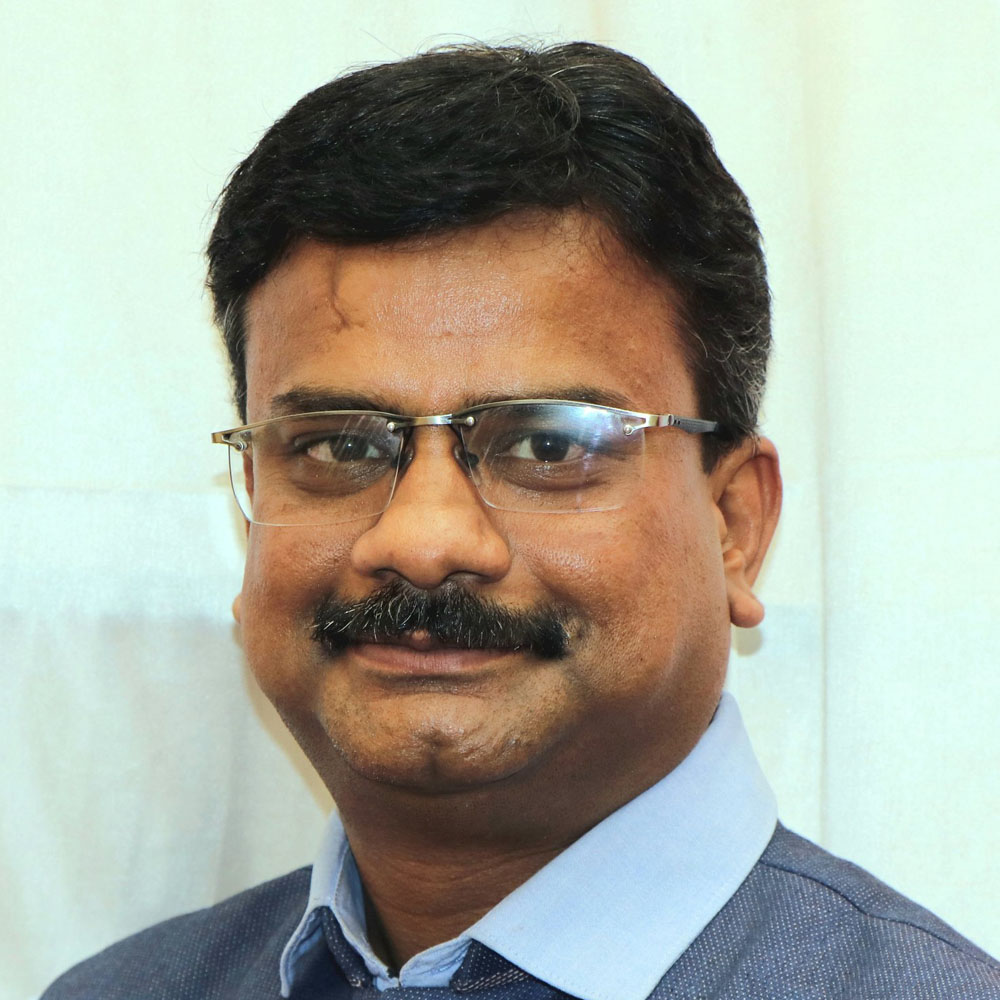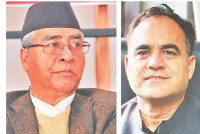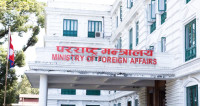National
Nepali students at AIIMS deprived of monthly stipend
50 Nepali students are currently enrolled in various courses at one of India’s top medical colleges under foreign quota. Indian students studying the same subjects at AIIMS are paid INR90,000 per month.
Rajesh Mishra
Nepali medical students studying at the All India Institute of Medical Sciences (AIIMS) in New Delhi, India, have been raising their voices against the unequal benefits provided to them by the medical institute compared to their Indian counterparts.
At least 50 Nepali students are currently enrolled in MD, MS, MDS, DM, and MCH courses and working as resident doctors in one of India’s top medical colleges. They say the institute has failed to provide them with monthly stipends.
Dr Sagar Paudel, who acquired his MD degree from AIIMS in 2021, says that despite the universal practice of medical institutions providing resident doctors with stipends, AIIMS has failed to do so. “When pursuing a Master’s level degree, a medical student is expected to spend more hours serving at the hospital than taking lessons in a classroom for credit,” said Paudel. “The hospital in return is supposed to pay stipends to students for their duty hours, but Nepali students at AIIMS have been deprived of the allowance.”
According to Paudel, several Nepali medical students have time and again drawn the attention of the governments of India and Nepal to the stipend issue. “Last month, we met Prime Minister Pushpa Kamal Dahal in Baluwatar and submitted a memorandum to address the issue of Nepali students at AIIMS in India,” said Paudel. “We hope this issue will be discussed with the Indian authorities during his upcoming visit to India.”
AIIMS offers specialist medical education in various subjects of medicine. Every six months, the institute opens subject-wise admission for students both of Indian and foreign origins. The institute sets aside a quota of one or two seats for foreign students in most subjects. Previously medical students from Bangladesh and Bhutan would seek admission at AIIMS under the foreign quota, but of late, it’s mostly Nepali students who apply.
According to Dr Sridhar Paudel, who is currently pursuing an MD in Radiology at AIIMS, at least 10 to 12 Nepali students get admission to a Master's programme every admission season at the institute. Indian students studying the same subjects (MD, MS, MDS, DM, and MCH) at AIIMS receive INR90,000 per month. But the same financial support is not extended to Nepali students.
“Nepali students do not get any remuneration even after working straight for 24 to 36 hours at the hospital,” said Sridhar. “We all have been raising our voices about this unjust treatment, but so far nothing has changed. Our Indian counterparts get stipends for their duty hours at the hospital, but not us.”
Like AIIMS in New Delhi, AIIMS in Rishikesh in Uttarakhand also has a fixed number of seats for foreign students. Similarly, the Postgraduate Institute of Medical Education and Research (PGIMER), in Chandigarh, Punjab, and the Jawaharlal Institute of Postgraduate Medical Education and Research (JIPMER), a medical school in Pondicherry, also admit medical students under foreign quotas.
In 2020, during the visit of the then Prime Minister KP Sharma Oli to India, the issue of stipends to Nepali medical students in the aforementioned institutions was raised. Following talks, the government of India started providing stipends to the students of PGIMER and JIPMER. However, Nepalis studying at AIIMS in New Delhi and Rishikesh still have not been given their due stipends.
According to the administration department of AIIMS, New Delhi, the government of India does not allocate a budget for stipends for foreign students at AIIMS.
“We have also spoken to the AIIMS administration about this. They tell us the Indian government has not released any budget for foreign students at AIIMS,” said Dr Laxman Bhagat, a medical student studying MD at AIIMS, New Delhi.
It is quite concerning as to why all four medical institutions run by the government of India have different provisions for foreign students, says Bhagat. “This issue must be raised at the diplomatic level. If the government of India can provide stipends to Nepali students in other universities, why can’t they do the same for those at AIIMS?” said Bhagat. “It is unfair to Nepali students at AIIMS. Students have repeatedly asked for help from the Nepali Embassy in Delhi but nothing has changed.”




 9.33°C Kathmandu
9.33°C Kathmandu















